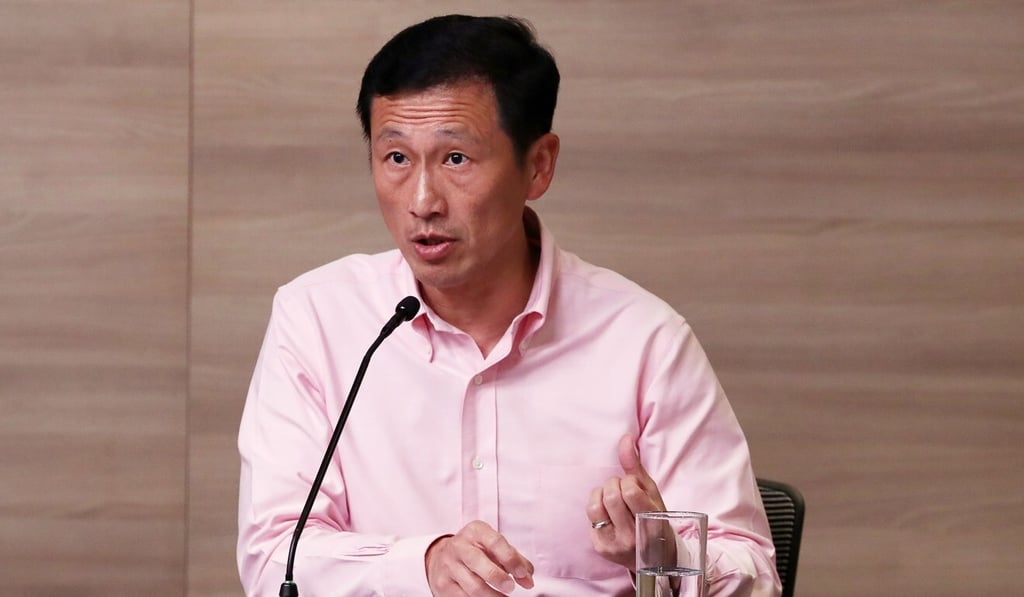Opinion | Travel bubble: what Singapore and Hong Kong’s contrasting reactions to its suspension tell us about our societies
- Singaporeans responded to the news with a mix of barely concealed glee and a smug ‘I told you so’ – symptoms of the city state’s risk-averse nature
- Fatalistic Hongkongers, meanwhile, seemed to accept the surge in infections linked to dance halls patronised by the rich as inevitable, writes Donald Low

That such a cluster would emerge in these places is not entirely surprising: videos that have circulated online show their patrons’ quite blatant disregard for personal hygiene and social distancing measures.
What was more surprising, to me at least, was the contrasting responses of Singaporeans and Hongkongers to the errors made by their respective governments that led us to this point.
In Singapore, many people responded to the suspension of the travel bubble with a mix of barely concealed glee and a smug “I told you so”, blaming transport minister Ong Ye Kung for lacking the foresight to anticipate what should have been obvious: that quarantine-free travel between the city state and Hong Kong was a bad idea that should not have been contemplated in the first place.
In reality, it was quite brave of the transport minister to pursue the idea. If he had not negotiated a travel bubble, and we subsequently found out that the rise in cases over the following months was minimal and manageable, he would not be blamed for lacking the vision and appetite for risk to take advantage of the opportunity. That would have been an error of omission – of not doing something which, in hindsight, should have been done. Such errors are seldom criticised; in fact, they may not even be noticed.

Our preference for errors of omission over those of commission leads to a status quo bias: we would rather do nothing or carry on with our current or previous decision than risk something new. This is largely caused by our fear of regret.

